Cancer Discov.:揭示酶PFKFB4在前列腺癌细胞存活中起关键作用
2012-04-10 towersimper 生物谷
来自英国癌症研究协会的科学家发现如何阻断一种有助于将葡萄糖转换为能量的关键性酶,从而可能提供一种新方法来杀死前列腺癌细胞。相关研究结果于2012年3月22日发表在Cancer Discovery 期刊上。 对所有细胞来说,葡萄糖是一种重要的能量来源。癌细胞要比正常细胞更加快速地发生分裂,因此它们消耗更多的葡萄糖。但是这也会触发导致DNA损伤的自由基大量积累。 在这项研究中,研究人员发

来自英国癌症研究协会的科学家发现如何阻断一种有助于将葡萄糖转换为能量的关键性酶,从而可能提供一种新方法来杀死前列腺癌细胞。相关研究结果于2012年3月22日发表在Cancer Discovery 期刊上。
对所有细胞来说,葡萄糖是一种重要的能量来源。癌细胞要比正常细胞更加快速地发生分裂,因此它们消耗更多的葡萄糖。但是这也会触发导致DNA损伤的自由基大量积累。
在这项研究中,研究人员发现一种被称作PFKFB4的酶在平衡这两种过程中发挥着关键性作用:确保癌细胞的能量需求得到满足,同时又不允许自由基积累而导致细胞死亡。
领导这项研究的Almut Schulze博士说,“在实验室培养的前列腺癌细胞中阻断PFKFB4会导致它们停止生长,并触发自由基灾难性地积累,这就表明这种酶可能适合作为一种药物靶标。重要的是,而且鉴于很多不同类型的癌症都拥有这种能量产生途径,这就表明靶向PFKFB4的药物可能有潜力被用来治疗很多种癌症。”
研究人员在实验室培养的晚期前列腺癌细胞中阻断了222种参与能量产生的不同类型的酶和其他蛋白,然后研究了它们的存活情况。他们将研究结果与健康细胞进行比较以便精确地找出哪些蛋白是这些癌细胞存活所必需的。
他们鉴定出两个基因PFKFB4 和PRKAB1:两者在所有进行分析的三个癌细胞系中都表现出相似的影响,而且已知在发生转移的前列腺癌细胞中这两个基因要比来自原始肿瘤中的那些癌细胞表现出更高的活性。已知在小鼠中,当其中一个基因失活时,只有基因PFKFB4失活能够阻止肿瘤生长。
这项研究强调癌细胞必须在产生足够的能量和限制DNA损伤以便生存下来之间维持微妙的平衡。找到破坏这种平衡的方法将可能为人们在未来开发出新一代抗癌药物打下坚实基础。(生物谷:towersimper编译)

doi:10.1158/2159-8290.CD-11-0234
PMC:
PMID:
Functional Metabolic Screen Identifies 6-Phosphofructo-2-Kinase/Fructose-2,6-Biphosphatase 4 as an Important Regulator of Prostate Cancer Cell Survival
Susana Ros, Claudio R. Santos, Sofia Moco, Franziska Baenke, Gavin Kelly, Michael Howell, Nicola Zamboni and Almut Schulze
Alterations in metabolic activity contribute to the proliferation and survival of cancer cells. We investigated the effect of siRNA-mediated gene silencing of 222 metabolic enzymes, transporters, and regulators on the survival of 3 metastatic prostate cancer cell lines and a nonmalignant prostate epithelial cell line. This approach revealed significant complexity in the metabolic requirements of prostate cancer cells and identified several genes selectively required for their survival. Among these genes was 6-phosphofructo-2-kinase/fructose-2,6-biphosphatase 4 (PFKFB4), an isoform of phosphofructokinase 2 (PFK2). We show that PFKFB4 is required to balance glycolytic activity and antioxidant production to maintain cellular redox balance in prostate cancer cells. Depletion of PFKFB4 inhibited tumor growth in a xenograft model, indicating that it is required under physiologic nutrient levels. PFKFB4 mRNA expression was also found to be greater in metastatic prostate cancer compared with primary tumors. Taken together, these results indicate that PFKFB4 is a potential target for the development of antineoplastic agents.
Significance: Cancer cells undergo several changes in their metabolism that promote growth and survival. Using an unbiased functional screen, we found that the glycolytic enzyme PFKFB4 is essential for prostate cancer cell survival by maintaining the balance between the use of glucose for energy generation and the synthesis of antioxidants. Targeting PFKFB4 may therefore present new therapeutic opportunities.
本网站所有内容来源注明为“梅斯医学”或“MedSci原创”的文字、图片和音视频资料,版权均属于梅斯医学所有。非经授权,任何媒体、网站或个人不得转载,授权转载时须注明来源为“梅斯医学”。其它来源的文章系转载文章,或“梅斯号”自媒体发布的文章,仅系出于传递更多信息之目的,本站仅负责审核内容合规,其内容不代表本站立场,本站不负责内容的准确性和版权。如果存在侵权、或不希望被转载的媒体或个人可与我们联系,我们将立即进行删除处理。
在此留言
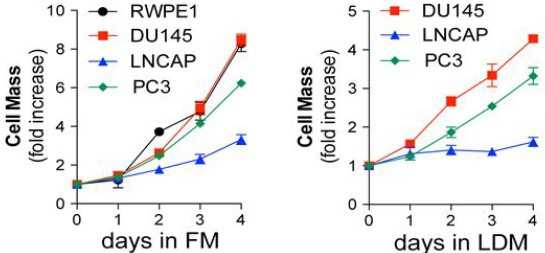



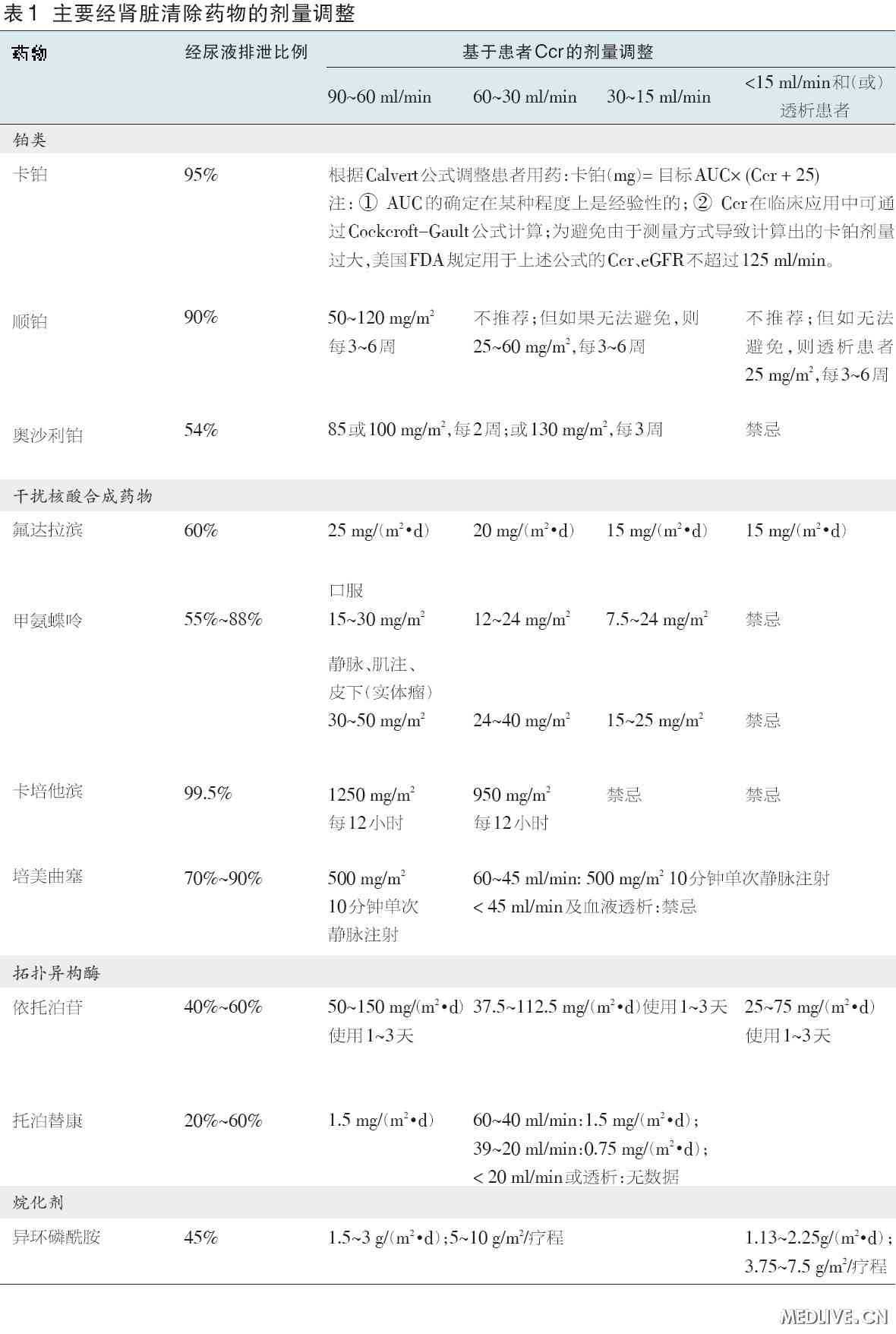
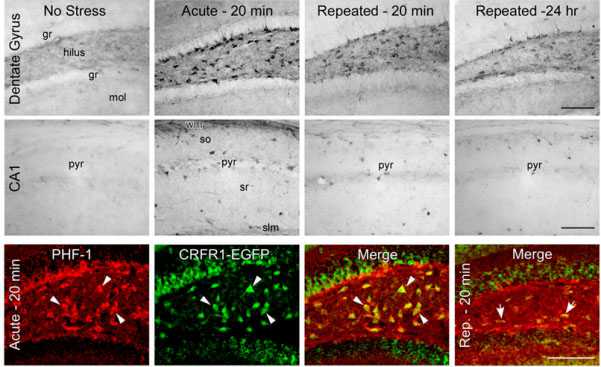

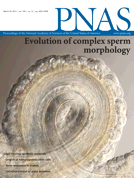

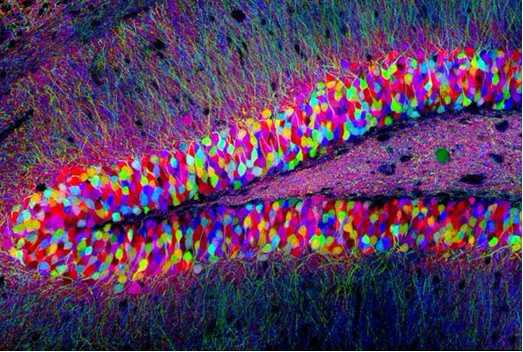




#Dis#
89
#PFKFB4#
81
#癌细胞#
71
#ISC#
65
#前列腺癌细胞#
86